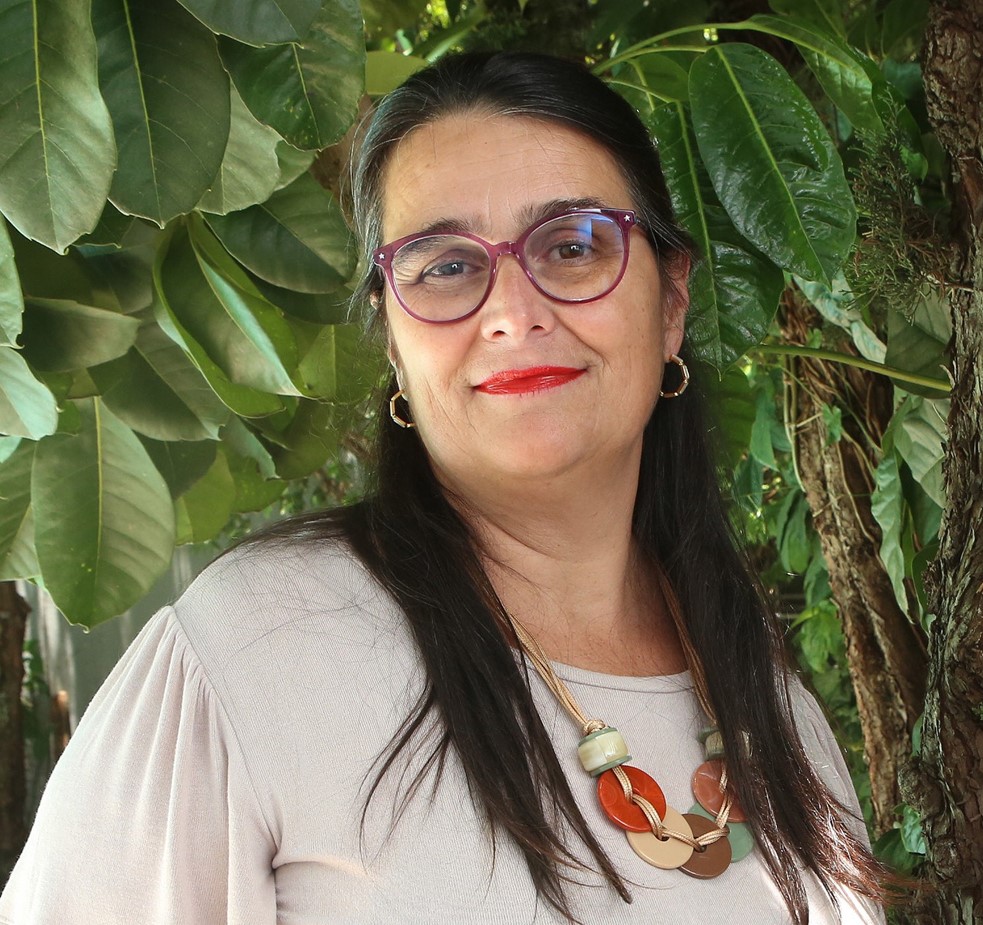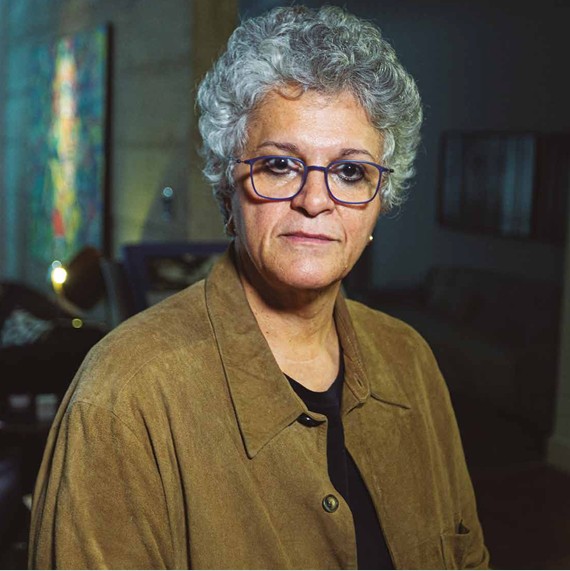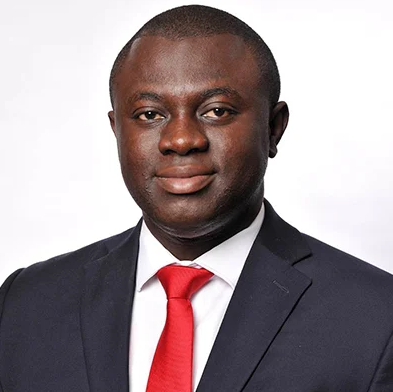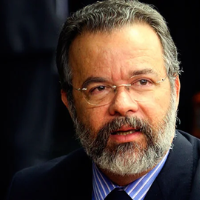.png)
Accelerating climate action and enabling the energy and digital transitions depends on a stable supply of responsibly sourced critical minerals. For developing economies in Africa, Asia, Latin America, this growing global demand presents a strategic opportunity to move beyond their historical role as raw material exporters and expand their participation across the entire value chain. However, challenges such as price volatility, supply chain concentration, and the environmental and social impacts of extraction must be addressed. To ensure global supply diversification and an alignment between economic growth, sustainability and benefits to local communities, multilateral fora like COP, BRICS+ and G20 must take concrete steps to support developing countries’ participation in the minerals supply chain while advancing sustainable standards for the critical minerals sector.
The objective of this roundtable is to organize an open and frank discussion on these issues with international stakeholders including consumers, suppliers and investors, in order to further the discussion on concrete mechanisms and actions to attract investment and uphold social and environmental integrity ahead of COP30. CEBRI’s ongoing research on supply and energy transition-driven demand for minerals will feed the discussions, along with insights from the partner organizations and discussants.
PROGRAM
9:30 - 9:40 AM | Opening Remarks
-
Lea Reichert, Projects Deputy Director at CEBRI
-
Nicole Monge, Senior Director of APCOWorlwide
-
Patricia Ellen, Co-Founder and President of the Board at the AYA Earth Partners
-
Rosana Santos, Executive Director at the E+ Energy Transition
9:40 to 10:00 AM | Stage setters
-
Moderator: Rafaela Guedes, Senior Fellow at CEBRI and International Advisor at APCO
-
Fiona Clouder, Chief Executive at ClouderVista, Senior Advisor at Chilean Cobalt Corp ("C3"), Independent Director at Appian Capital Advisory LL, and others
-
Kwasi Ampofo, Head of Metals and Mining of BloombergNEF
-
Raul Jungmann, President of IBRAM
10:00 to 10:55 AM | Open Discussion
- Moderator: Rafaela Guedes, Senior Fellow at CEBRI and International Advisor at APCO
10:55 to 11:00 AM | Closing remarks
-
Izabella Teixeira, Member of the International Advisory Board at CEBRI, Co-Chair of the UN International Resource Panel, and former Brazilian Minister of Environment (2010-2016)
.png)
Accelerating climate action and enabling the energy and digital transitions depends on a stable supply of responsibly sourced critical minerals. For developing economies in Africa, Asia, Latin America, this growing global demand presents a strategic opportunity to move beyond their historical role as raw material exporters and expand their participation across the entire value chain. However, challenges such as price volatility, supply chain concentration, and the environmental and social impacts of extraction must be addressed. To ensure global supply diversification and an alignment between economic growth, sustainability and benefits to local communities, multilateral fora like COP, BRICS+ and G20 must take concrete steps to support developing countries’ participation in the minerals supply chain while advancing sustainable standards for the critical minerals sector.
The objective of this roundtable is to organize an open and frank discussion on these issues with international stakeholders including consumers, suppliers and investors, in order to further the discussion on concrete mechanisms and actions to attract investment and uphold social and environmental integrity ahead of COP30. CEBRI’s ongoing research on supply and energy transition-driven demand for minerals will feed the discussions, along with insights from the partner organizations and discussants.
PROGRAM
9:30 - 9:40 AM | Opening Remarks
-
Lea Reichert, Projects Deputy Director at CEBRI
-
Nicole Monge, Senior Director of APCOWorlwide
-
Patricia Ellen, Co-Founder and President of the Board at the AYA Earth Partners
-
Rosana Santos, Executive Director at the E+ Energy Transition
9:40 to 10:00 AM | Stage setters
-
Moderator: Rafaela Guedes, Senior Fellow at CEBRI and International Advisor at APCO
-
Fiona Clouder, Chief Executive at ClouderVista, Senior Advisor at Chilean Cobalt Corp ("C3"), Independent Director at Appian Capital Advisory LL, and others
-
Kwasi Ampofo, Head of Metals and Mining of BloombergNEF
-
Raul Jungmann, President of IBRAM
10:00 to 10:55 AM | Open Discussion
- Moderator: Rafaela Guedes, Senior Fellow at CEBRI and International Advisor at APCO
10:55 to 11:00 AM | Closing remarks
-
Izabella Teixeira, Member of the International Advisory Board at CEBRI, Co-Chair of the UN International Resource Panel, and former Brazilian Minister of Environment (2010-2016)

.png)







